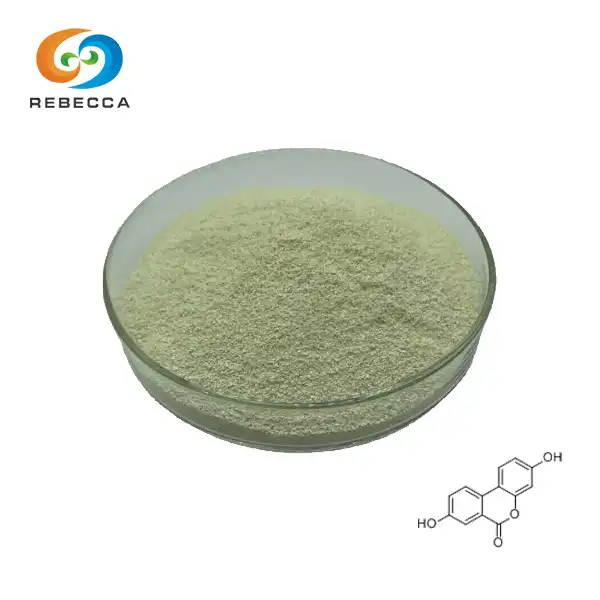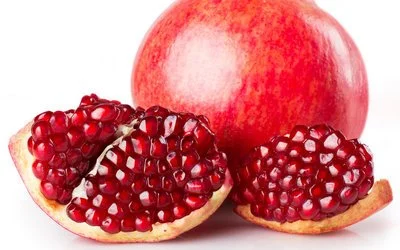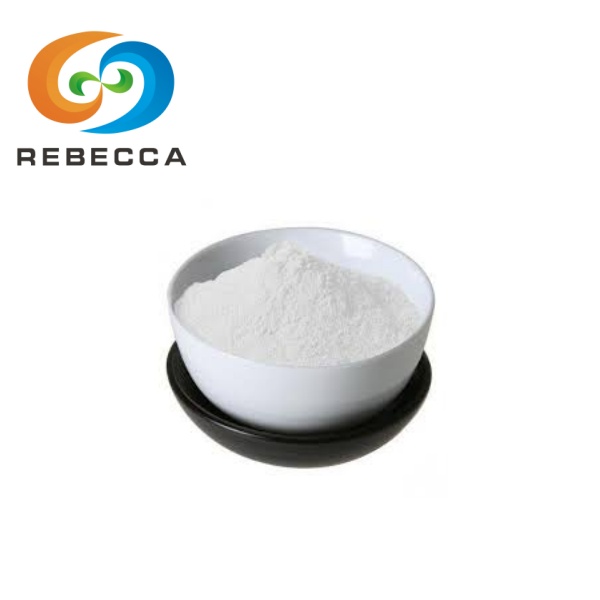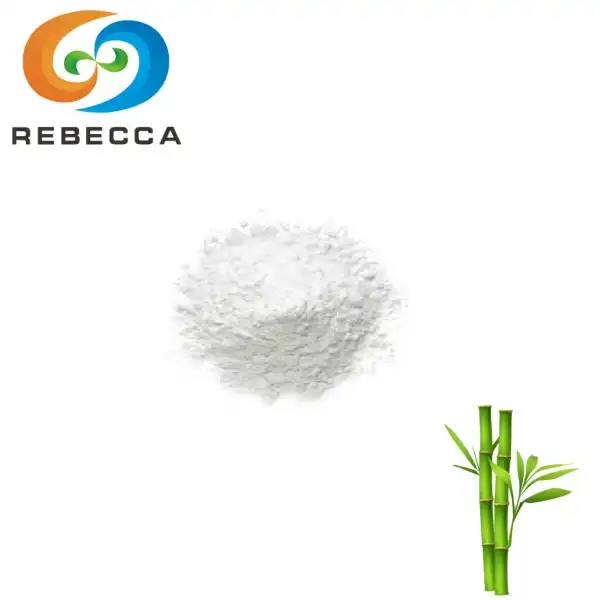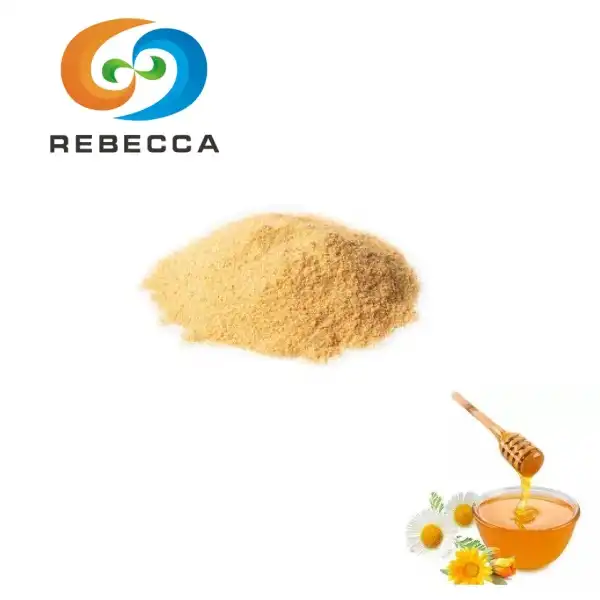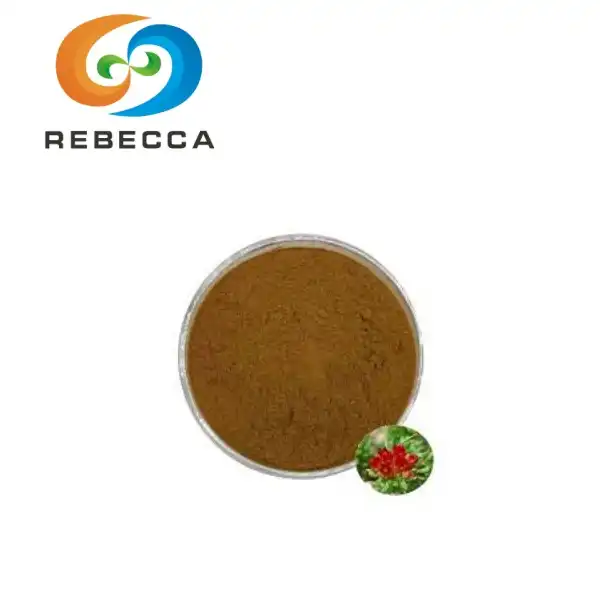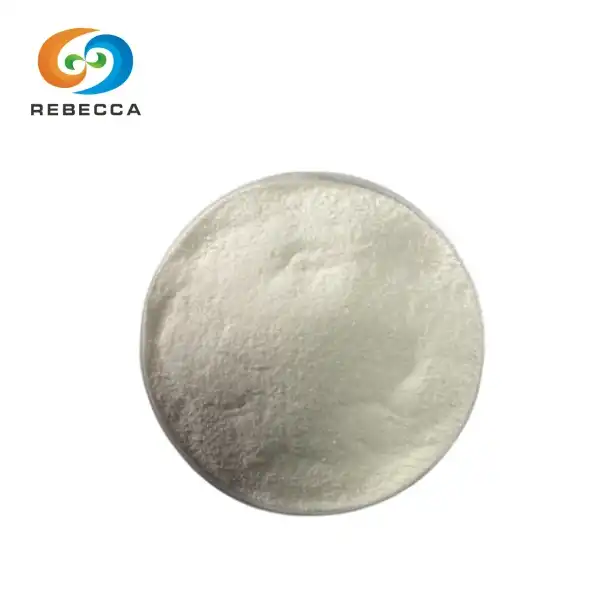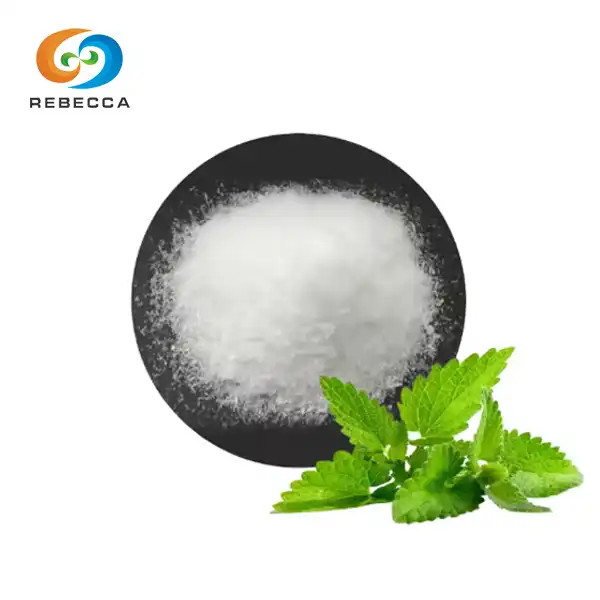How Urolithin A Supports Cellular Health?
At the heart of Urolithin A's anti-aging properties lies its profound impact on cellular health. This remarkable compound works at the molecular level to enhance the function of mitochondria, often referred to as the powerhouses of our cells. By improving mitochondrial health, Urolithin A sets in motion a cascade of beneficial effects that can contribute to overall longevity and vitality.
Mitochondrial Biogenesis and Function
One of the primary ways Urolithin A supports cellular health is by promoting mitochondrial biogenesis. This process involves the creation of new mitochondria, which is crucial for maintaining optimal cellular energy production. As we age, our mitochondrial function tends to decline, leading to decreased energy levels and increased susceptibility to age-related diseases. It has been shown to activate pathways that stimulate the production of new, healthy mitochondria, effectively rejuvenating cellular energy systems.
Moreover, Urolithin A enhances mitochondrial function by improving the efficiency of energy production. It achieves this by activating mitophagy, a cellular cleaning process that removes damaged or dysfunctional mitochondria. By clearing out these inefficient organelles, it allows cells to maintain a population of healthy, high-performing mitochondria, resulting in improved energy output and reduced oxidative stress.
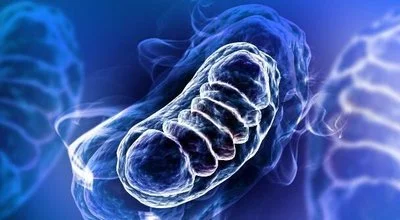
Antioxidant and Anti-Inflammatory Properties
Beyond its effects on mitochondria, Urolithin A exhibits potent antioxidant and anti-inflammatory properties. These characteristics are crucial in the fight against aging, as oxidative stress and chronic inflammation are key contributors to the aging process and the development of age-related diseases.
As an antioxidant, Urolithin A helps neutralize harmful free radicals that can damage cellular components, including DNA, proteins, and lipids. By reducing oxidative stress, it protects cells from premature aging and supports overall cellular health. Its anti-inflammatory effects further contribute to this protective action, helping to mitigate the low-grade chronic inflammation often associated with aging, known as "inflammaging."

Cellular Senescence and Longevity
Another fascinating aspect of Urolithin A's impact on cellular health is its potential role in regulating cellular senescence. Senescent cells are those that have stopped dividing but remain metabolically active, often secreting pro-inflammatory factors that can contribute to tissue dysfunction and accelerated aging. Research suggests that it may help modulate the accumulation of senescent cells, potentially slowing down the aging process at a cellular level.
By supporting the elimination of senescent cells and promoting the health of remaining cells, Urolithin A may contribute to increased healthspan – the period of life spent in good health. This aspect of Urolithin A's action aligns with the growing focus in longevity research on not just extending lifespan, but enhancing the quality of life in later years.
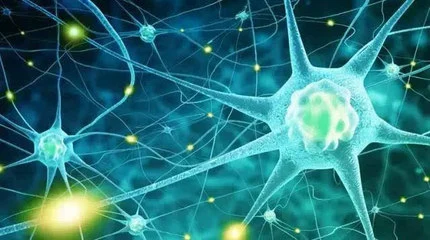
Urolithin A and Its Role in Muscle Longevity
While cellular health forms the foundation of Urolithin A's anti-aging benefits, its effects on muscle tissue have garnered particular attention. As we age, maintaining muscle mass and function becomes increasingly challenging, a phenomenon known as sarcopenia. It shows promising potential in supporting muscle health and function, offering hope for those looking to maintain their strength and mobility as they age.
Enhancing Mitochondrial Function in Muscle Cells
The mitochondrial benefits of Urolithin A are particularly relevant to muscle health. Muscle cells are rich in mitochondria due to their high energy demands. By enhancing mitochondrial function in muscle tissue, it may help improve muscle cell metabolism and energy production. This can translate to better muscle performance, increased endurance, and potentially slower muscle aging.
Studies have shown that Urolithin A supplementation can lead to improvements in mitochondrial gene expression in muscle tissue, indicating a boost in the cells' ability to produce energy efficiently. This enhanced mitochondrial function may contribute to improved muscle strength and reduced fatigue, key factors in maintaining quality of life as we age.
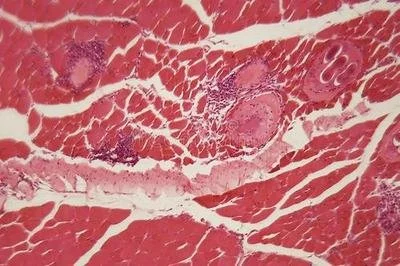
Muscle Regeneration and Repair
Beyond its effects on energy production, Urolithin A may also play a role in muscle regeneration and repair. Research suggests that this compound can activate pathways involved in muscle protein synthesis and regeneration of muscle fibers. This is particularly important in the context of aging, as the ability of muscles to repair and regenerate typically declines over time.
By supporting these regenerative processes, Urolithin A may help maintain muscle mass and function, potentially slowing down the progression of age-related muscle loss. This could have significant implications for maintaining independence and quality of life in older adults, as muscle strength is closely linked to mobility, balance, and overall physical capability.
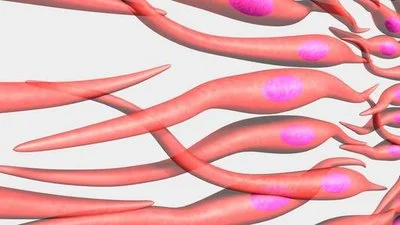
Exercise Performance and Recovery
The benefits of Urolithin A on muscle health extend to exercise performance and recovery. Some studies have indicated that supplementation with Urolithin A can lead to improvements in endurance and exercise capacity. This effect is likely due to a combination of enhanced mitochondrial function and improved muscle regeneration capabilities.
Moreover, Urolithin A may aid in post-exercise recovery by reducing muscle damage and inflammation. This could be particularly beneficial for older adults engaging in physical activity, as recovery times tend to increase with age. By potentially shortening recovery periods and reducing exercise-induced muscle soreness, it might encourage more consistent physical activity, further contributing to overall health and longevity.

Natural Sources and Supplements of Urolithin A
Given the compelling benefits of Urolithin A, many individuals are keen to incorporate this compound into their health regimen. While Urolithin A itself is not directly found in foods, it is produced in the body from precursor compounds present in certain foods. Additionally, supplements containing Urolithin A or its precursors are becoming increasingly available. Let's explore both natural sources and supplementation options.
Dietary Sources of Urolithin A Precursors
The primary dietary sources of Urolithin A precursors are foods rich in ellagitannins and ellagic acid. These compounds are transformed by gut bacteria into Urolithin A. Some of the best natural sources include:
- Pomegranates: Perhaps the most well-known source of ellagitannins, pomegranates are an excellent choice for those looking to boost their Urolithin A production naturally.
- Walnuts: These nuts are not only a great source of healthy fats but also contain significant amounts of ellagitannins.
- Berries: Various berries, including strawberries, raspberries, and blackberries, contain ellagic acid and can contribute to Urolithin A production.
- Oak-aged wines: The aging process in oak barrels can introduce ellagitannins into wines, making them a potential source of Urolithin A precursors.
It's important to note that the conversion of these precursors to Urolithin A depends on the individual's gut microbiome. Some people, known as "high converters," are more efficient at producing Urolithin A from dietary sources, while others may produce little to none.
Supplementation Options
For those who may not efficiently convert dietary precursors or who wish to ensure a consistent intake of Urolithin A, supplementation is an option. Several types of Urolithin A supplements are available:
- Direct Urolithin A supplements: These provide the compound directly, bypassing the need for conversion in the gut.
- Precursor supplements: Some products contain high concentrations of ellagitannins or ellagic acid, which can be converted to Urolithin A in the body.
- Probiotic combinations: Certain supplements combine Urolithin A precursors with specific probiotic strains that may enhance conversion in the gut.
Considerations for Consumption
Whether obtaining Urolithin A through diet or supplements, there are several factors to consider:
- Bioavailability: The absorption and utilization of Urolithin A can vary. Some supplements are formulated to enhance bioavailability.
- Dosage: Optimal dosages are still being researched, but most studies have used doses ranging from 500 mg to 1000 mg per day.
- Timing: Some research suggests that taking Urolithin A with meals may enhance its absorption.
- Individual response: As with any supplement, individual responses can vary. It's advisable to start with lower doses and monitor for any effects or side effects.
It's always recommended to consult with a healthcare professional before starting any new supplement regimen, especially for individuals with pre-existing health conditions or those taking medications.
Conclusion
Urolithin A emerges as a fascinating compound with significant potential in the realm of anti-aging and overall health. Its ability to support cellular health, enhance mitochondrial function, and promote muscle longevity offers a multifaceted approach to combating the effects of aging. From its role in cellular rejuvenation to its impact on muscle strength and recovery, Urolithin A presents an exciting avenue for those seeking to maintain vitality and well-being as they age. As research continues to unfold, it may well become a cornerstone in anti-aging strategies, offering a natural and effective way to support healthy aging.
For those interested in exploring the benefits of Urolithin A, Shaanxi Rebecca Bio-Tech Co., Ltd. offers high-quality urolithin a powder, produced using advanced extraction techniques and rigorous quality control measures. Our commitment to delivering pure, natural, and easily absorbed plant-based products makes us a trusted source for this promising anti-aging compound. To learn more about our Urolithin A powder and other natural herbal extracts, please contact us at information@sxrebecca.com.
References
1. Ryu, D., et al. (2016). Urolithin A induces mitophagy and prolongs lifespan in C. elegans and increases muscle function in rodents. Nature Medicine, 22(8), 879-888.
2. Andreux, P.A., et al. (2019). The mitophagy activator urolithin A is safe and induces a molecular signature of improved mitochondrial and cellular health in humans. Nature Metabolism, 1(6), 595-603.
3. Singh, A., et al. (2022). Urolithin A improves muscle strength, exercise performance, and biomarkers of mitochondrial health in a randomized trial in middle-aged adults. Cell Reports Medicine, 3(5), 100633.
4. Tomás-Barberán, F.A., et al. (2017). Ellagic acid metabolism by human gut microbiota: consistent observation of three urolithin phenotypes in intervention trials, independent of food source, age, and health status. Journal of Agricultural and Food Chemistry, 65(27), 5560-5571.
5. D'Amico, D., et al. (2021). Urolithin A: A Comprehensive Review of its Metabolism, Pharmacokinetics, and Current Research on Its Therapeutic Potential. Oxidative Medicine and Cellular Longevity, 2021, 4101875.
_1730691017423.webp)




